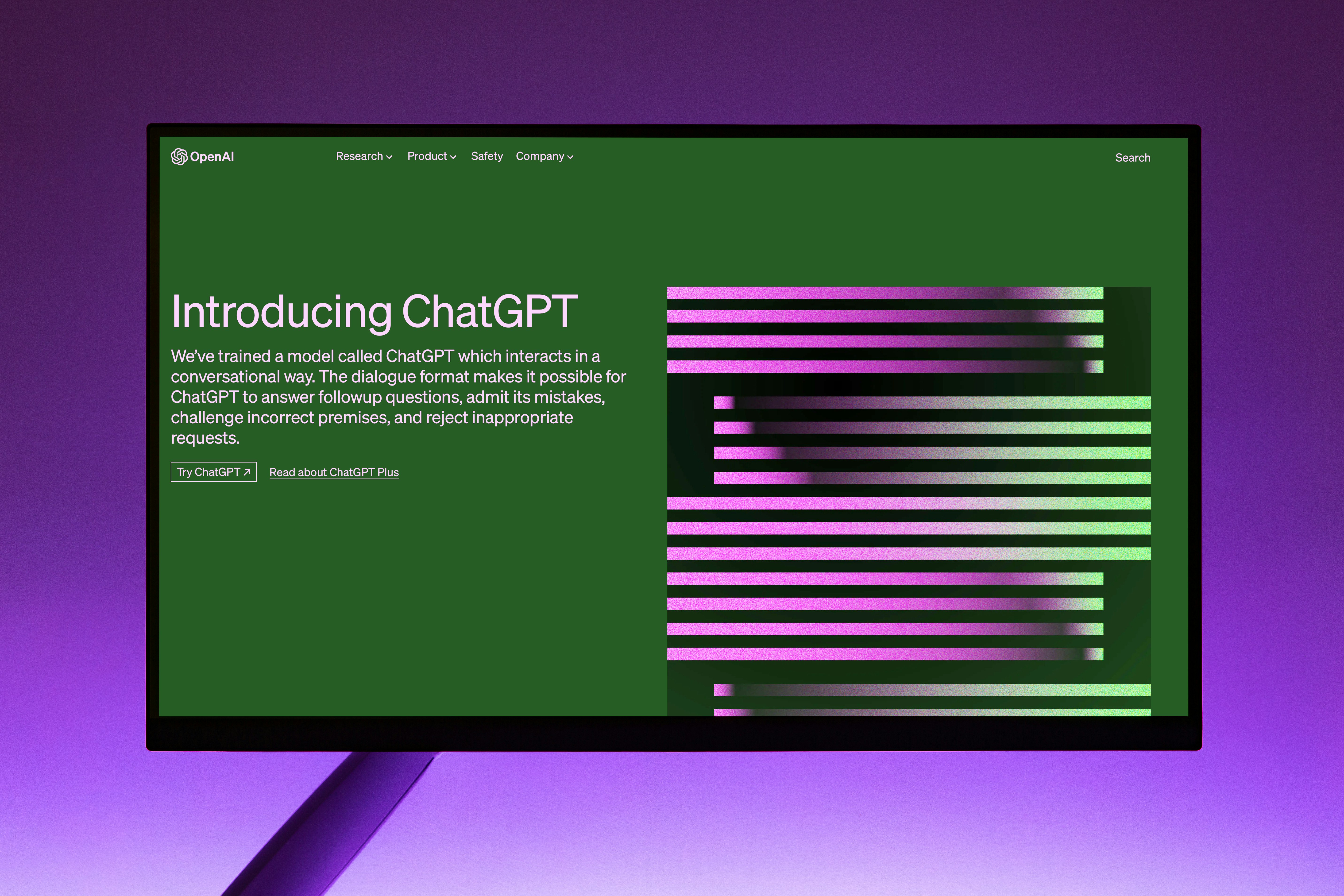
Neurodiversity in Edge Computing Careers: Turning Different Thinking into a Superpower
Edge computing is where the digital world meets the physical one. From smart factories & connected cars to wearables & drones, edge systems bring compute closer to where data is generated so decisions can be made in real time. That means: Complex, distributed architectures Tight performance constraints Safety-critical decisions at the network edge It also means edge computing needs people who think differently – people who can see patterns in systems, ask unusual questions, spot tiny anomalies & imagine new ways to build reliable, low-latency tech. In other words: it needs neurodiversity. If you live with ADHD, autism or dyslexia, you may have been told your brain is “too chaotic”, “too literal” or “too distracted” for a deep technical role. In reality, many traits that can make school or traditional offices hard line up beautifully with edge computing work. This guide is for neurodivergent job seekers exploring edge computing careers in the UK. We’ll look at: What neurodiversity means in an edge computing context How ADHD, autism & dyslexia strengths map to edge roles Practical workplace adjustments you can ask for under UK law How to talk about your neurodivergence in applications & interviews By the end, you’ll have a clearer sense of where you might thrive in edge computing – & how to turn “different thinking” into a real career advantage.











